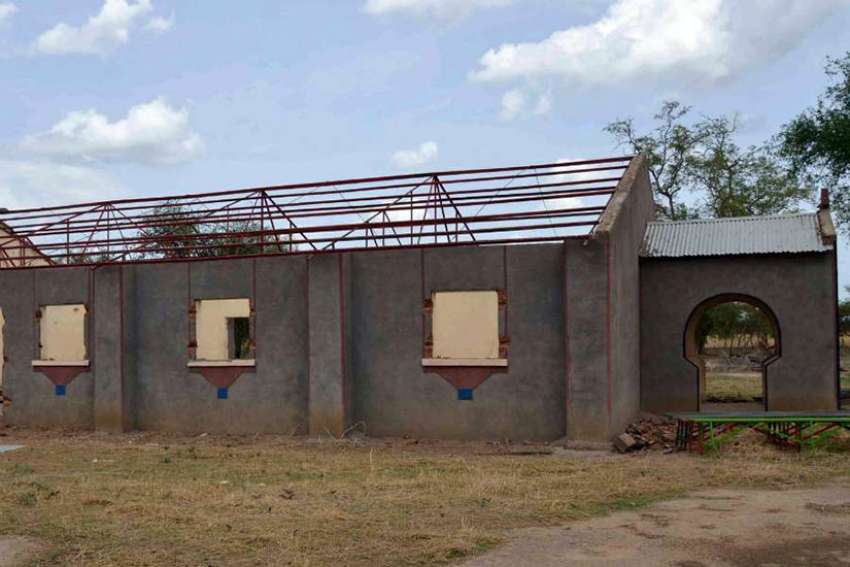“They told me not to talk about the demolition of churches or the two church leaders who are in jail,” Rev. Mubarak Hamad, chairman of Sudan’s Council of Churches, told Radio Tamazuj, a broadcaster in Sudan and South Sudan.
The Sudanese government plans to demolish 25 church buildings in and near the capital of Khartoum, which it says were built on illegal lands which are zoned for other uses. The targeted churches include both Catholic and Protestant buildings.
The order to demolish the churches was made in June 2016. Government officials notified several congregations in September to vacate their property.
Christian officials have challenged the claims, saying the properties were legally obtained and have legal titles.
“This is not an isolated act but should be taken with wider perspective,” Yahia Abdelrahim Nalu, moderator of the Sudan Presbyterian Evangelical Church's Sudan Evangelical Synod, told Morning Star News last month.
One Christian critic of the demolitions plan, Milad Musa, is allegedly facing retaliation. The security services have required him to report to their offices from 6 a.m. to midnight since Feb. 15. Sometimes he has food in his custody, sometimes he does not.
He is a member of the Sudanese Church of Christ.
Rev. Hamad faced similar requirements to report to the custody of the security services from 8 a.m. to 9 p.m. daily after he held a press conference Feb. 11 calling on the government to reconsider the demolitions. He noted at the press conference that mosques in the same area were not ordered to be demolished.
Security services lifted that requirement Feb. 26, but then ordered him not to speak publicly about the persecution of Christians and the demolition of church buildings unless he had authorization from security forces.
Since 2012 Sudan has bulldozed church buildings and harrassed and expelled foreign Christians, according to Morning Star News. It was announced in April 2013 that no licenses would be granted to build new churches.
Two Christian leaders in Sudan have been sentenced to 12 years in prison on charges of espionage.
At least 90 percent of Sudan's population is Muslim, and sharia is the source of the nation's legislation. Apostasy from Islam is punishable by the death penalty.
Since 1999, the U.S. state department has listed Sudan as a country of particular concern due to religious freedom violations.
International Catholic charity Aid to the Church in Need noted in its 2016 Religious Freedom Report that Sudan's constitution was amended to “widen and increase” the power of the National Intelligence and Security Services, which has impacted “human resources issues and the prosecution of individuals, media outlets and organizations for alleged breaches of the law.”
Sudan scored a 12 out of 100 in Transparency International's 2015 Corruption Perceptions Index, ranking ahead of only Afghanistan, North Korea, and Somalia.
(Story from the Catholic News Agency)


